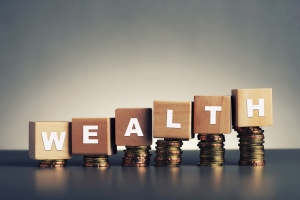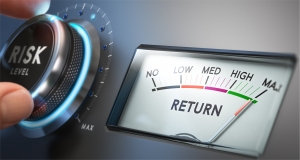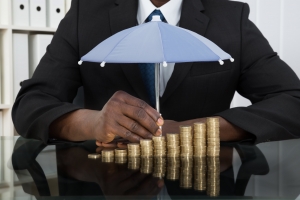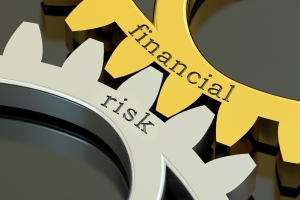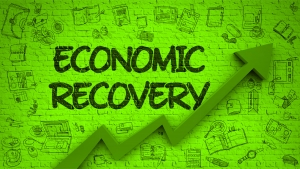---
Axis Pension Trust partners workers throughout their retirement planning journey to ensure they are on track to achieve a dignified retirement. For more information on our services or general enquiries, send an email to This email address is being protected from spambots. You need JavaScript enabled to view it. or call 030 273 8555.




